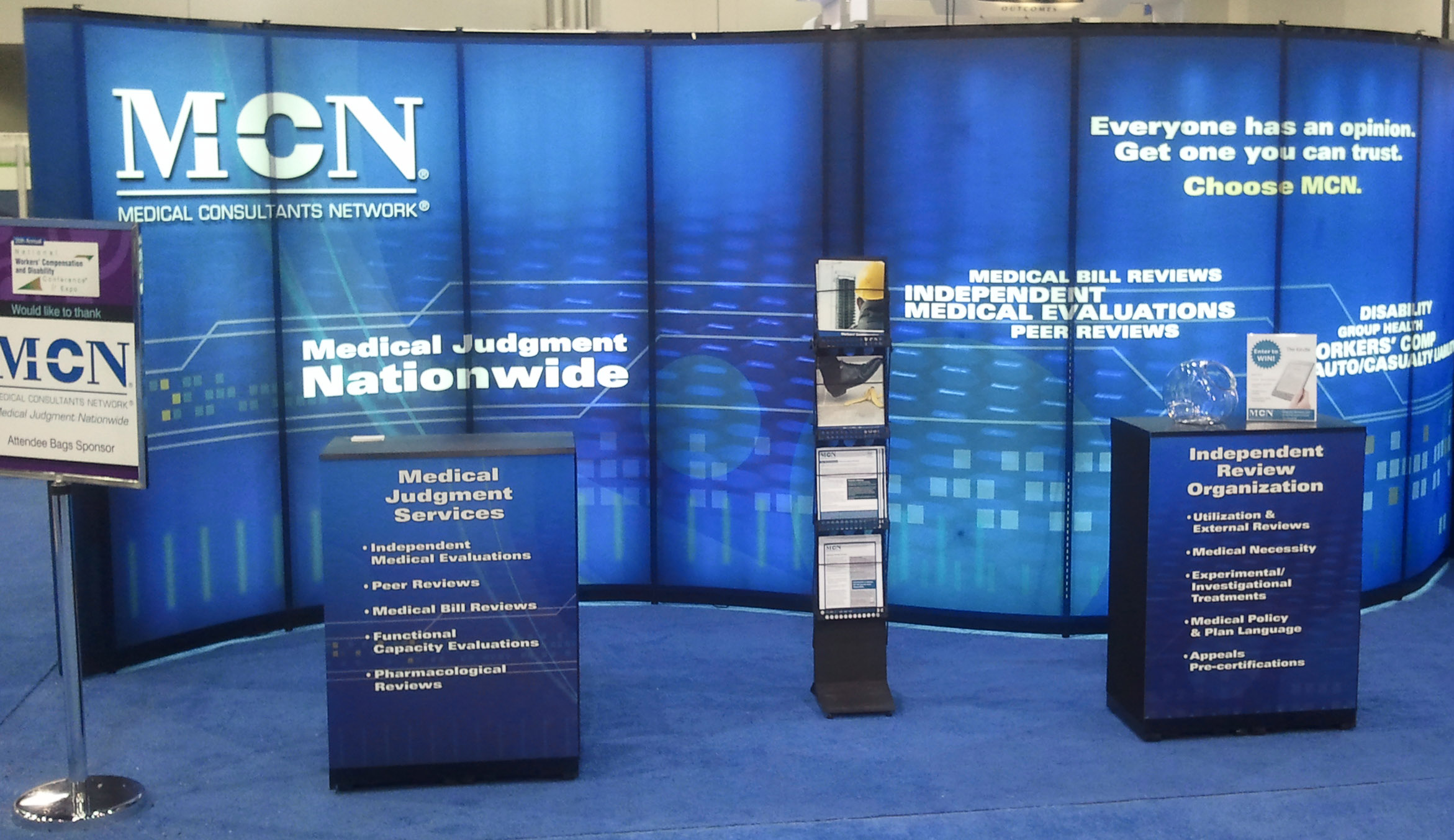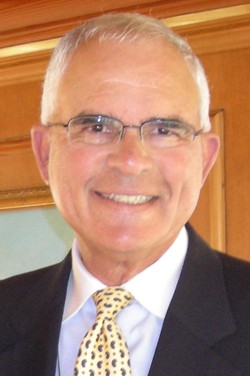
A MCN Promotional Moose Keychain (left) and the photo a client had sent us after her 5-year-old daughter dressed her Barbie in MCN’s fashionable brand (right).
The other day we received this photograph from a client. The client’s 5-year-old daughter had dressed her Barbie up in a MCN shirt that originally dressed one of our small ‘MCN Moose’ keychains. We found it delightful and wanted to share it with our readers.



